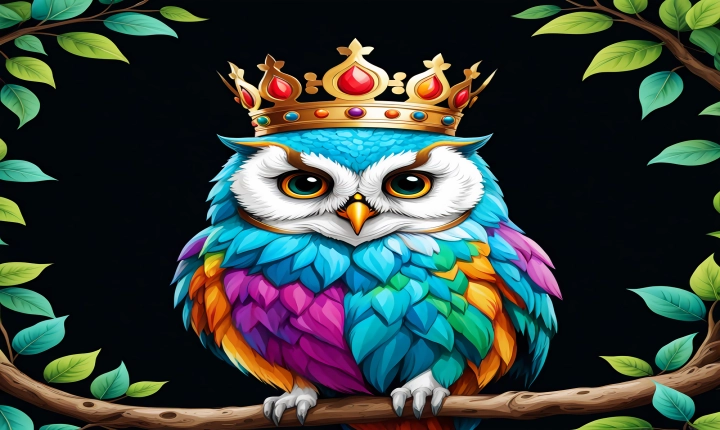Title: “Is Duolingo Using ChatGPT for Language Learning?”
In recent years, language learning apps have revolutionized the way people learn and practice new languages. One such popular app is Duolingo, which boasts over 300 million users worldwide. The app has gained a reputation for its engaging and interactive approach to language learning, offering a variety of exercises, quizzes, and games to help users improve their language skills.
However, in the age of artificial intelligence (AI) and natural language processing (NLP), there has been speculation about the use of AI-powered chatbots in language learning apps. One such AI model is OpenAI’s GPT-3, also known as ChatGPT, which has gained attention for its advanced natural language generation capabilities. This has led to speculation about whether Duolingo is using ChatGPT for language learning within its app.
While Duolingo has not officially confirmed the use of ChatGPT within its platform, there are several indicators that suggest the potential integration of AI chatbots in the app. One such indicator is the recent advancements in AI and NLP, which have paved the way for more advanced language learning experiences. ChatGPT’s ability to generate natural and conversational language makes it an ideal candidate for simulating real-life conversations and interactions in a language learning context.
Additionally, some users have reported experiencing more human-like interactions and responses when practicing conversations within the Duolingo app. This has led to speculation that ChatGPT or a similar AI model may be used to enhance the conversational elements of the app, providing users with a more immersive language learning experience.
The potential use of AI chatbots in language learning apps like Duolingo raises both opportunities and concerns. On one hand, AI-powered chatbots can provide personalized and adaptive learning experiences, offering real-time feedback and conversation practice to users. This can be especially valuable for language learners who may not have access to native speakers for practice.
However, there are also concerns about the potential limitations and ethical considerations when using AI chatbots for language learning. While AI models like ChatGPT are impressive in their language generation capabilities, they may not always capture the intricacies and nuances of natural language, leading to potential inaccuracies or misunderstandings in conversation practice.
Furthermore, the use of AI chatbots raises questions about data privacy and the potential collection of conversational data from users. It is important for language learning apps to be transparent about the use of AI chatbots and to prioritize user privacy and security in these interactions.
In conclusion, while Duolingo has not officially confirmed the use of ChatGPT or similar AI models within its platform, there are indications and user experiences that suggest the potential integration of AI chatbots for language learning. The use of AI-powered chatbots offers both opportunities and challenges in providing more immersive language learning experiences. As the technology continues to evolve, it is essential for language learning apps to prioritize user privacy, data security, and accurate language practice in their use of AI chatbots.
